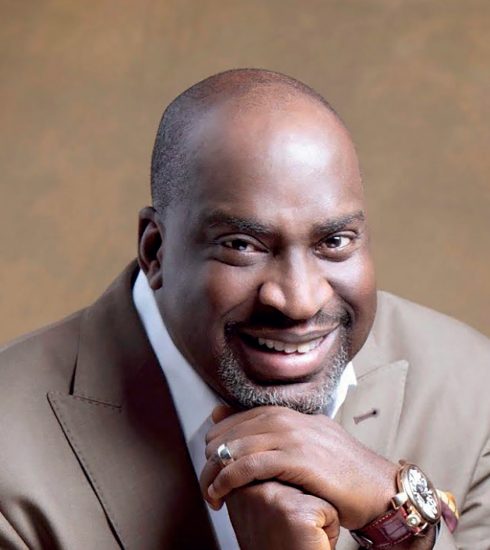Seyi Oluyole & Dream Catchers Academy
For every one of us, successful or otherwise, there are experiences that not only shape us but also determine our place in this world.
Our origin stories often have a bearing on how we end up. In life, we can pick and choose many things, but the cards we are dealt. Especially in this part of the world where more than half of the population live below the poverty line, the cards are cruel for most children, and the odds are stacked mightily against them. And although for some of us, the privileges we often take for granted, such as feeding, clothing, housing, protection and access to quality education, are a non-negotiable constant throughout our formative years, for others, they are an inaccessible luxury.
Having lived through a not-so-pleasant childhood herself, one that saw her unable to attain early education, homeless and vulnerable to sexual assault, Seyi Oluyole, on relocating back to Nigeria from the United States, started a non-profit, Dream Catchers Academy (DCA), that would provide educational opportunities and sustainable skills to street children, to empower them for financial independence. Nine years on, the academy has played its part in picking vulnerable children off the streets and changing the course of their lives, not just by providing them with basic amenities but also lifelong skills in arts and entertainment that even privileged kids can only aspire to.
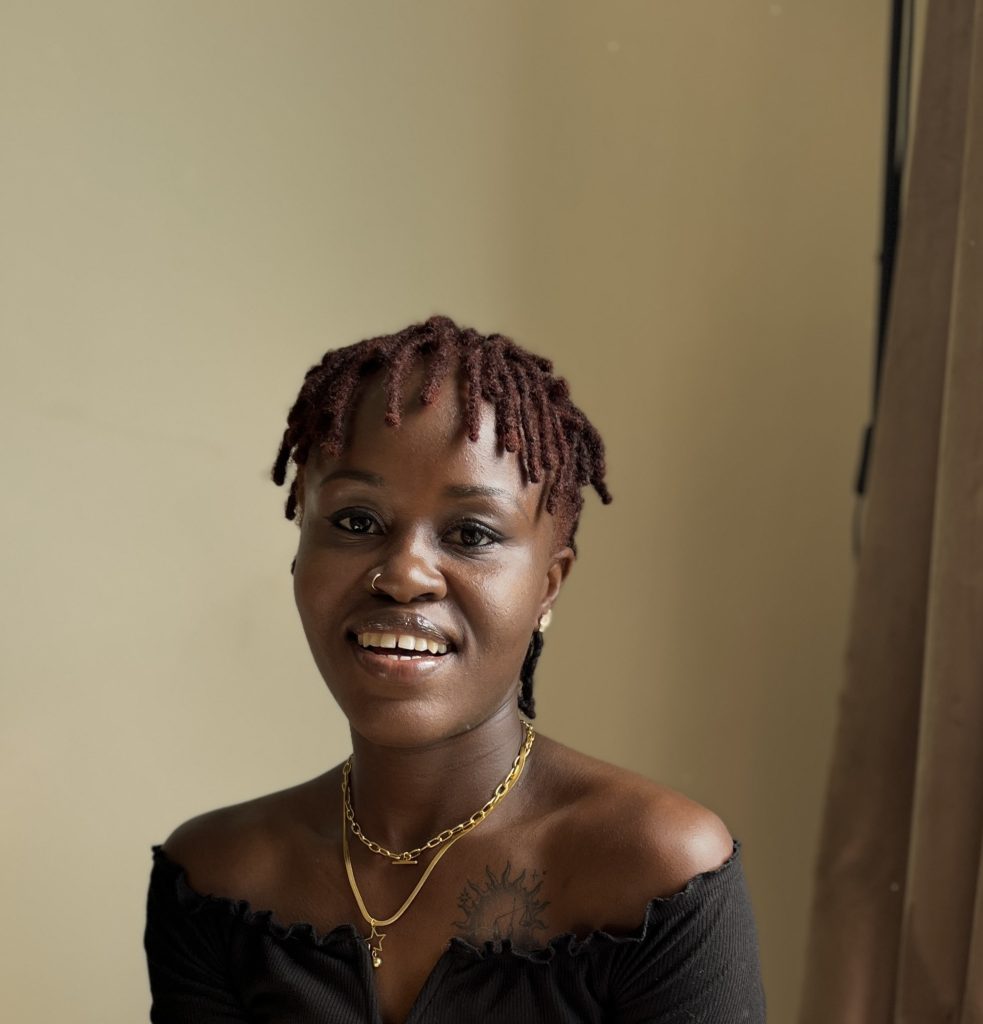
DOWNTOWN’s Senior Writer, Kehindé Fagbule, had a conversation with Oluyole to discuss the evergrowing program and its funding, the kids and the academy’s plans for the future.
Your origin story is very inspiring. But unlike your initiative, most people who get out don’t intentionally go back to pull others out. You founded the academy in 2014, but at what point did you conceive the idea, and what were the first few steps you took to execution?
I conceived the idea at 11, standing by a well to fetch water while I watched other kids go to school. My mum was also being verbally abused by the person we were squatting with at the time for using her pot to cook Ila Asepo (Jollof Okro). As if this was not enough, I started bleeding (menstruation) that same afternoon. My mum was too exhausted to even guide me on what to do with this new development. I was very tired of the situation, but that’s all I could feel — tiredness.
I had no idea how to get myself out of the homelessness and out-of-school situation. It was at this point that I vowed to help as many girls as I could out of such helpless situations. I promised myself I’d work hard and help other children.
Having a rather difficult childhood, it was clear why you had to prevent less privileged girls from having similar experiences. How did you find the first girl(s)? What was recruitment like despite the limited funding and resources?
I found the first girl sitting by the roadside while other kids went to school. I could see the sadness in her eyes, and I could relate to the struggle, so I approached her. I found the next set of girls from word of mouth about their homeless situation.
Recruitment was quite difficult—I was using my salary at the time, so I had to ensure I wasn’t biting more than I could chew.
Tell us about the structure. We know you house them and teach them valuable art skills, but you’re not a formal school. Are you in partnership with a school? How invested are you in their school performances?
We run a homeschooling and accelerated learning program. We have girls who have never been to school.
A 10-year-old would ideally be in JSS 1(Junior Secondary School) or JSS 2, yet we have girls who are 10 who have never been to school and need to learn from scratch.
We can’t put such a child in a conventional school as she needs to learn the basics, and not all kids would have the will to sit in Nursery 1 at 10 years old while her classmates are 4-year-olds.
We partner with schools around us for important exams like Common Entrance, Junior WAEC and the like.
We also partner with schools in terms of socialization and ensuring our girls are mixed up with other children. Hence, we teach our girls based on their education level. Education is the foundation of all, and Arts Education also helps learning. Arts education helps improve the imagination of children. Dancing, for instance, helps strengthen the brain by connecting its functions for physical movement, feeling and coordination. This coordination is needed in the classroom as a strengthened brain improves concentration, problem-solving skills, and so on.
With music, learning music has been proven to reinforce language skills and improve reading and concentration, amongst others. The same goes for Visual Arts as well. How invested I am in their school performance is not even a question because they are with us to learn and for their lives to be transformed, and that can only be achieved when they are well-educated. I am invested in every aspect of their lives with an equal balance.
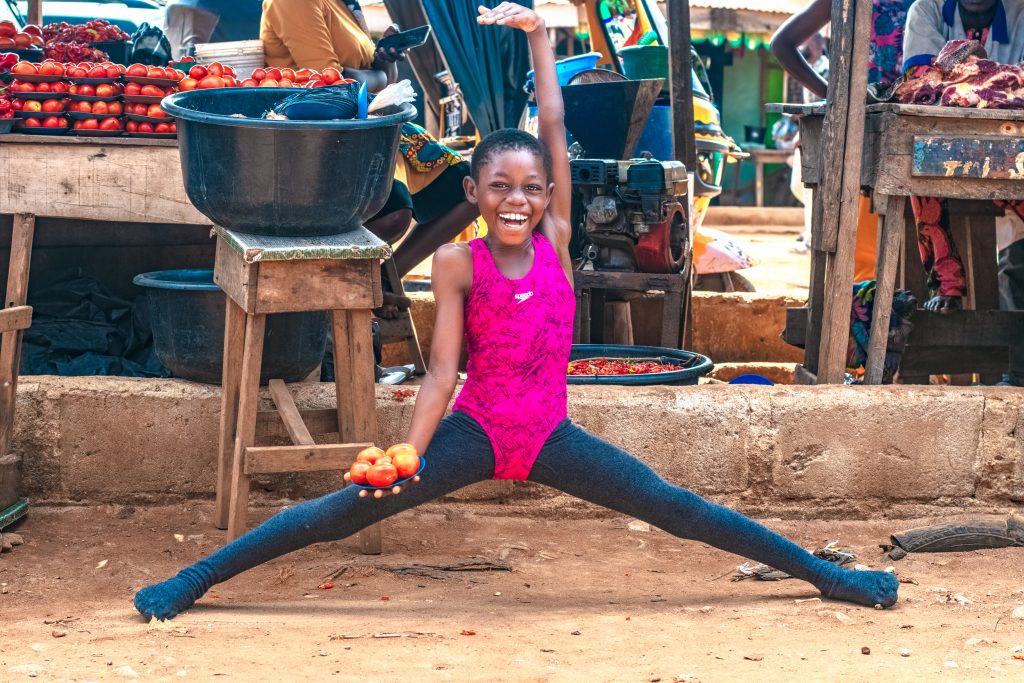
We live in a society that places the utmost priority on formal education while belittling vocational or artistic education. But DCA is maintaining a healthy balance. Just how important do you reckon vocational and artistic skills are in raising today’s children?
I reckon vocational and artistic skills are very important. Aside from the fact that these skills can help improve learning, it is important that children are prepared for the future. One of the ways is through active participation in skills development. It is important to us that our girls grow sustainably so they don’t end up in the poverty line.
In your opinion, what do you think will cause that paradigm shift that will make parents pay as much attention to arts as they do formal education?
The paradigm shift is already happening, even though I worry it is sometimes for the wrong reasons—parents and guardians only want fame for their children without proper values or plans for the future. I, however, believe the paradigm shift will happen successfully with partnerships with relevant government bodies and organizations, awareness and productivity.
Your girls can dance! It’s a great way to put children’s minds to good use. Run us through what the average day looks like at the academy.
They wake up, say their prayers, do their morning duties, have breakfast and start educational classes.
They get a snack and a break. Head back to formal education classes. Have their lunch and another break after. We have art classes, and they take their naps. In the evening, they do their laundry and formal education assignments, then eat dinner and go to bed. Weekends are a little less structured as we get to rehearse, watch movies and play games as a family.
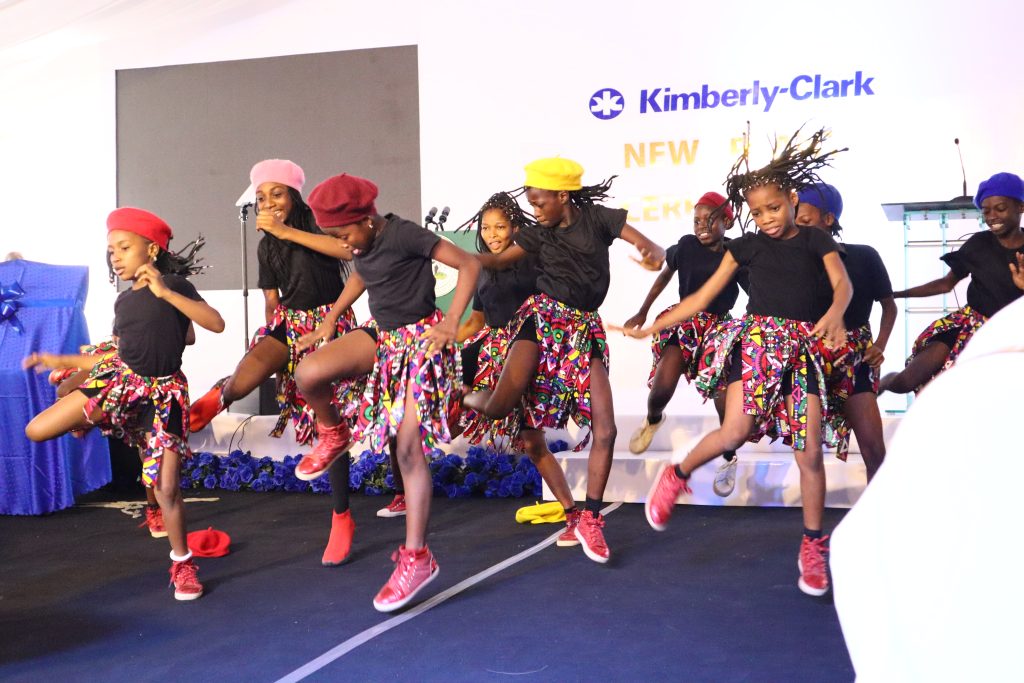
They dance, make music, farm, and so on. You arm them with real-life skills to not just survive but also thrive out in the world. Have you ever had girls in the academy grow to become women? What is the long-term plan for girls that come of age?
We have girls who are currently in the university.
We have girls who have been with us for seven years and are now in senior secondary school, and we are looking forward to their progress. Our 15-year-olds record some of the videos we post and are already getting ready for the future. Our program is a family, and we hope that even as our girls grow into women, we can remain a family. Our long-term goal is to find scholarships for our girls going into university and for them to use the skills they’ve learnt to stay sustainable.
Some non-profits struggle to get funding because other NGOs have made it difficult for donors to be fully trusting with their donations. How did (or do) you navigate this dilemma?
We still face this dilemma. However, we try our best to be transparent with our donors. Our progress is also communicated through leveraging social media.
You can see growth in our girls from how they look healthier and the joy they exude. We experience these same issues; hence we have an open door policy to our donors, all while ensuring that our beneficiaries are adequately protected and safe.
What are some of your biggest dreams for the academy? Where do you see DCA years in the future?
Travelling and touring the world with our talents while inspiring and making the world happy. Sharing the stage with amazing artists.
Graduating amazing girls who would go ahead and be world leaders and pay it forward. Recreating the DCA program in different regions of the world and providing these amazing opportunities to many more girls out there. And being able to have pictures of our alumni posted in our programs to show that if you dream it, you can achieve it.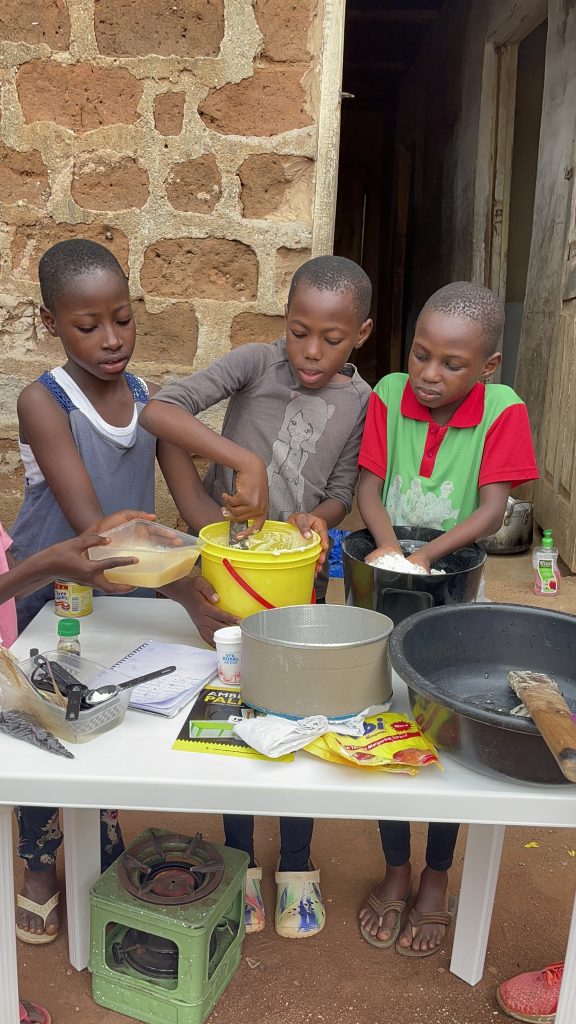
Self-identifies as a middle child between millennials and the gen Z, began writing as a 14 year-old. Born and raised in Lagos where he would go on to obtain a degree in the University of Lagos, he mainly draws inspiration from societal issues and the ills within. His "live and let live" mantra shapes his thought process as he writes about lifestyle from a place of empathy and emotional intelligence. When he is not writing, he is very invested in football and sociopolitical commentary on social media.





